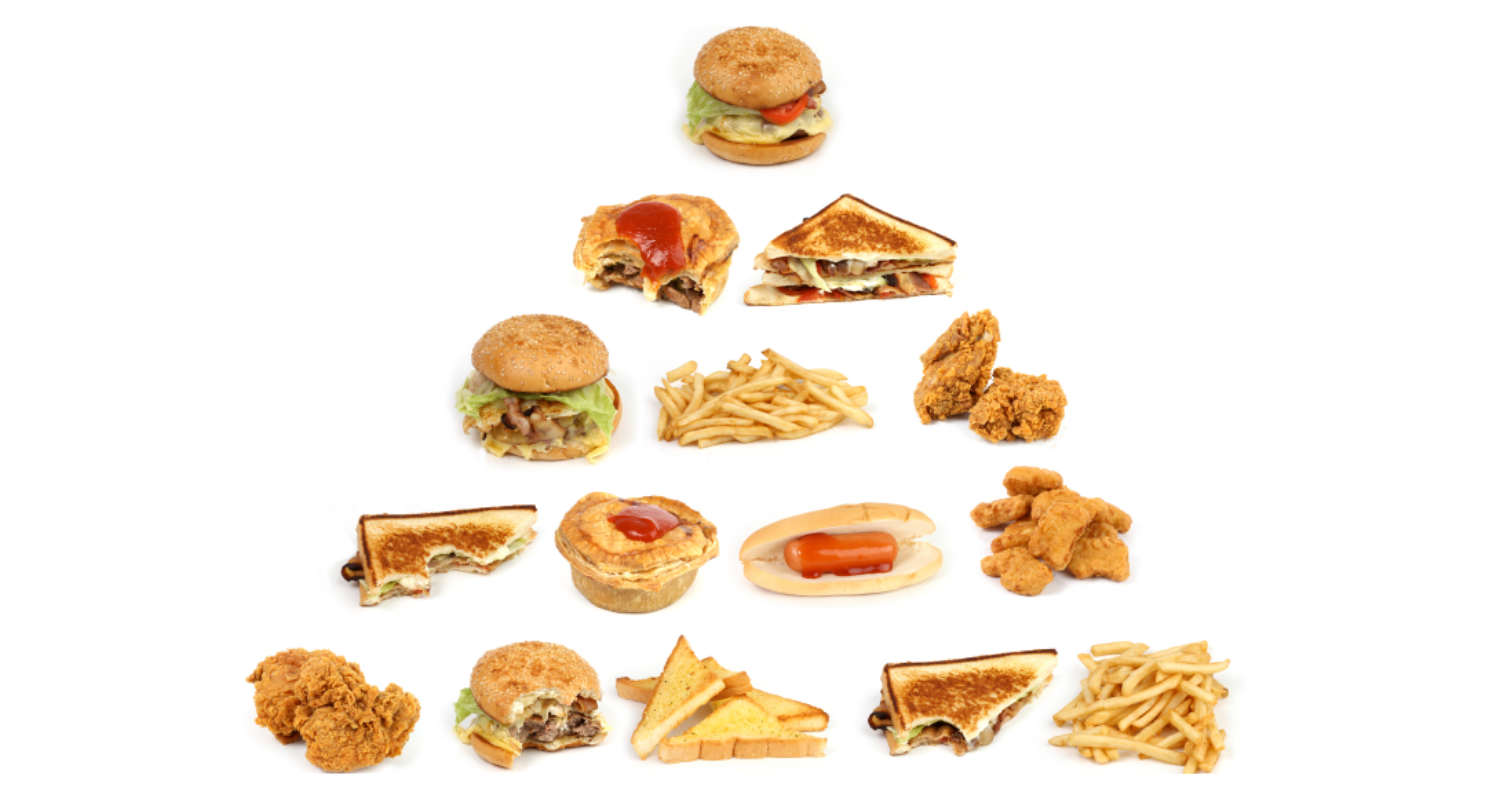The medical community tends to dumb weight gain or loss and changes in body composition down to the overly simple equation of calories in vs. calories out. If you take in more calories than you burn, according the equation, you’ll gain weight. And typically, that weight gain is in the form of increased fat stores.
Now, we know that there are different kinds of fat in the body. There is subcutaneous fat, which is the fat that sits just underneath the skin and is what we most typically associate with fat. Santa Claus’s belly that shakes like jelly is a perfect example of subcutaneous fat. The other main type of fat is visceral fat, and this is the fat that is within our abdominal cavity and pads our internal organs. A certain amount of visceral fat is needed to protect those organs, but excess visceral fat is VERY dangerous.
It has long been assumed that where you stored your excess fat was mostly related to your genetics, and whether or not you were a visceral fat person or subcutaneous person was mostly just dumb luck. But a recent study out of Uppsala University in Sweden, and published in the journal Diabetes shows there may be other factors at work.
Researchers recruited 39 individuals, a combination of men and women, to eat an extra 750 calories per day, with the goal of gaining 3% of their body weight over the course of the study. All of the diets for each participant were closely monitored, and the only differences in the diets were the source of the extra 750 calories. Half of the participants got their extra calories in the form of a muffin made with a polyunsaturated fat (sunflower oil), and the other half got there calories from a muffin made with saturated fat (palm oil).
At the end of the study, the results were rather remarkable. Since both groups ate excess calories every day, all participants gained a similar amount of weight. However, the group that ate their muffins made with the saturated fat had a marked increase of visceral fat as opposed to those that had the muffins made with unsaturated fat. At the same time, the group that at the unsaturated fat muffins did gain weight, but they had a greater gain in muscle mass instead of fat mass.
The study is showing, relatively clearly, that all fats are not created equally. If you’re going to overeat, and if you’re consuming a western diet odds are you’ll have a positive calories in vs. calories out equations, then swapping out some saturated fats for polyunsaturated fats could be beneficial for your health.
There are many delicious sources of polyunsaturated fats available, if you’re willing to make a few simple changes. Most nuts and seeds are high in polyunsaturated fats, so adding a handful of walnuts to your diet every day can help. Using olive oil or canola oil, instead of butter, when cooking is also a simple change that swaps out the saturated fat (butter) for the polyunsaturated options.
Do your heart and liver a favor, and make the switch today!

Leave a Reply